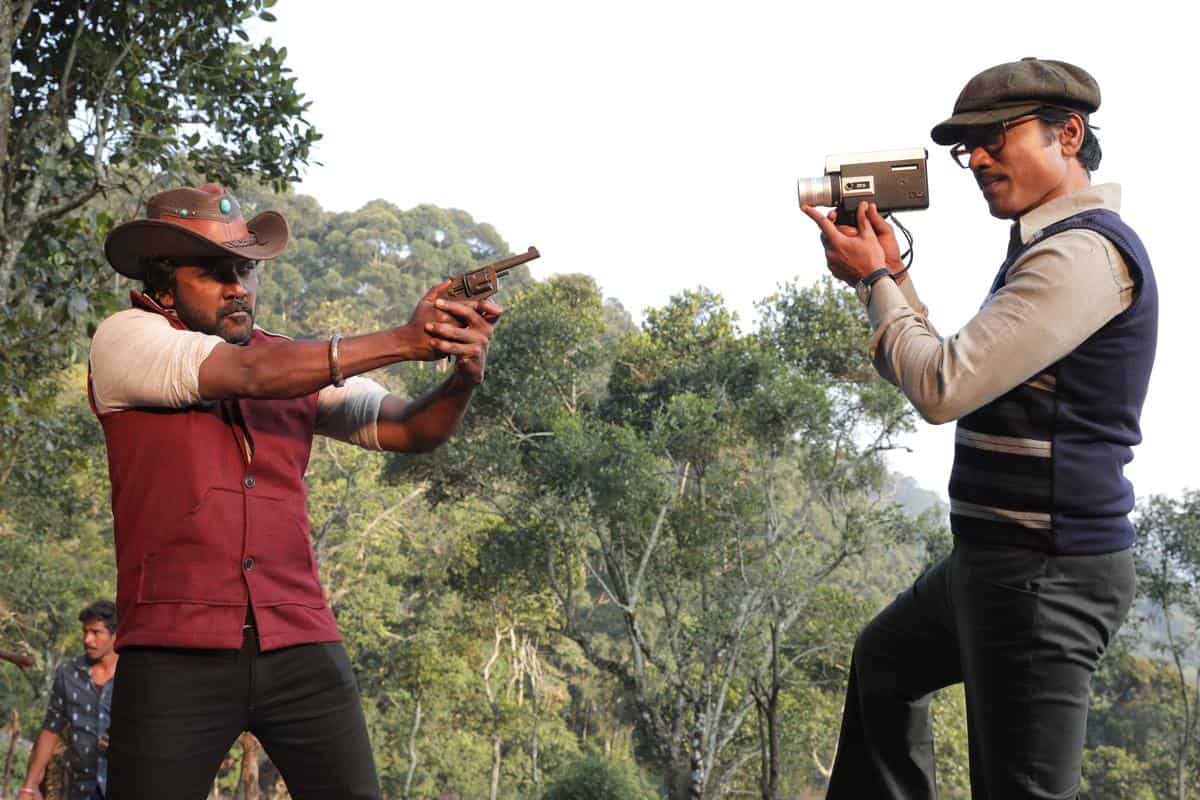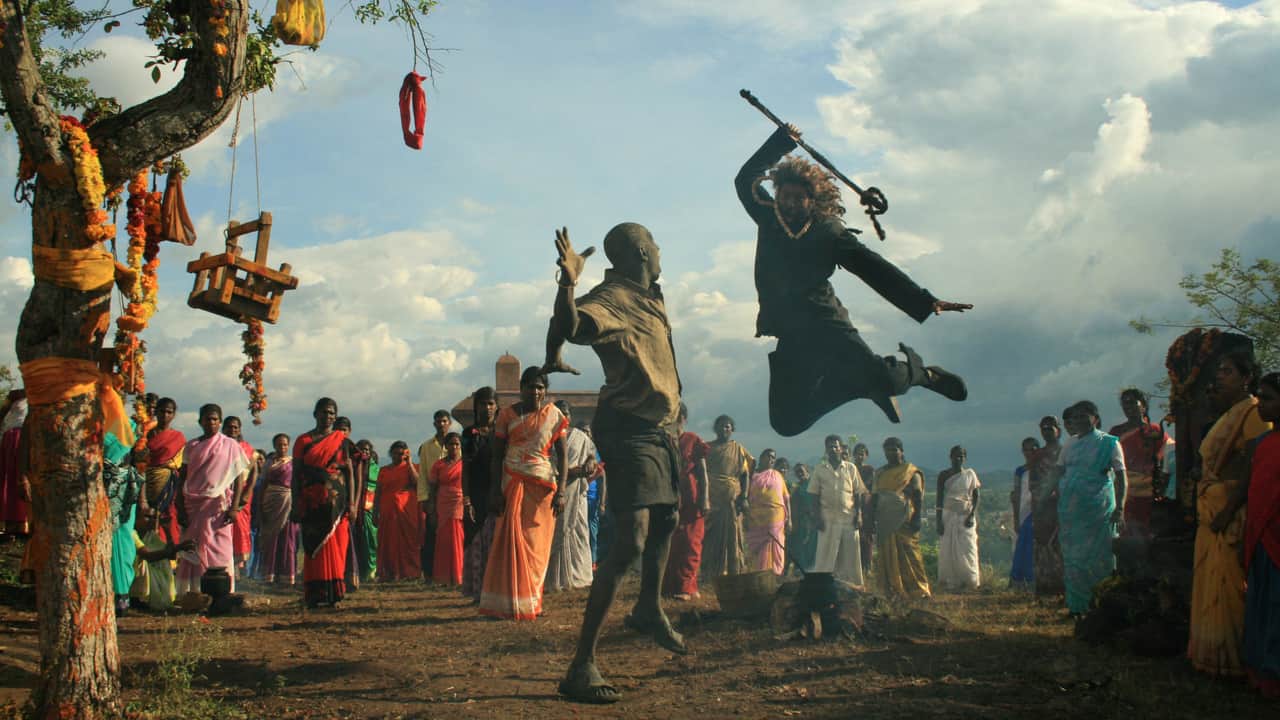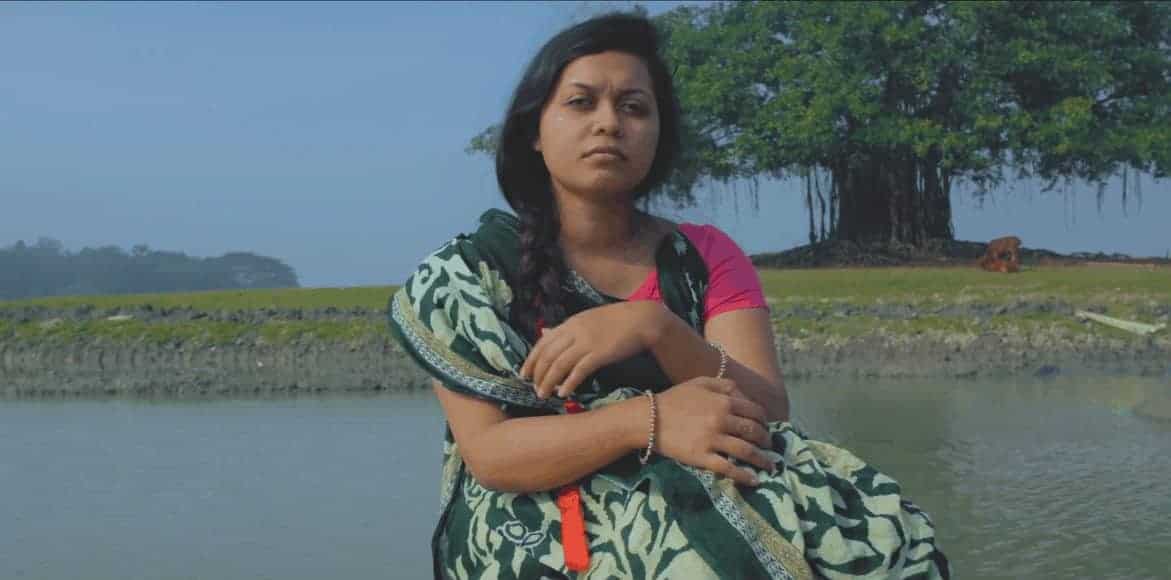History seems to be shaped by violent incidents, with the ones occurring during peaceful times, by the authorities, occasionally having impact similar to that of war. India is not an exception, and Pallavi Paul decides to deal with one aspect of the concept, that of police brutality through the decades, through an approach, though, that combines experimental filmmaking with traditional documentary techniques.
“The Blind Rabbit” is screening at International Film Festival Rotterdam

The mid-length movie begins with a rather impressive point-of-view sequence that moves through a snowed forest, with the narration implying that the setting is witnessed through the eyes of a tiger. The tiger, however, is soon revealed to be something else, an allegory for police brutality, which, through a poetic approach, is presented as something that people have actually gotten used to, in an aspect that is actually scarier than the violence itself.

Starting with video footage from police officers attacking students in a library in 2019, Paul proceeds on presenting the events that took place during the National Emergency of 75-77 and the anti-Sikh pogrom of 1984, highlighting the fact that when the government felt a threat, it would unleash the police who would commit the most despicable acts. A female officer, who unbeknownst to her, would pose as Indira Ghandi during a procession, as a measure against murder attempts towards her, sheds much light to this period of intense pressure.
Particularly the events that involved the police arresting kids from the streets and closing them in prison for delinquency, emerges as truly loathsome, particularly because they had no right and no reason to do it. The “confession” of a woman who served in a juvenile prison is shocking both due to the awful circumstances of a jail overflowing with inmates, and for the consequences to the children, a number of which, after spending extended time in isolation, could not even remember where they used to live, due to the psychological shock. That the people who committed these acts cannot be legally accused in any way, since all archives and proof for their deeds are destroyed, intensifies their abhorrent tactics, and at the same time, stresses the significance of this film, as it reveals a number of events that are almost forgotten.
Apart from context however, “The Blind Rabbit” also thrives in aesthetics, with the various images Paul implements between the sound and video footage being rather imposing in their beauty. The introductory scene, the stills that look like a collage through the different coloring, the peacock, and the light of the street lamp in the night are all rather impressive, and also provide a welcome relief from the documentary aspects of the movie.
“The Blind Rabbit” gives birth to a number of questions. Why does history repeats itself like that, particularly regarding state violence? Have we actually gotten used to state oppression to the point that we do not even notice it anymore? What can we do to change all that? In that regard, it succeeds fully as a documentary, while the various video and imaging techniques allow it to also be rather beautiful except for contextually significant.














